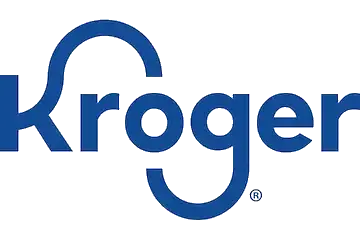Issues Fleet Managers Face
Maintaining smooth fleet operations requires tracking many details. GPS tracking systems collect the relevant data, so fleet managers can make decisions that result in cost savings, on-time deliveries, safer vehicle use, and overall, more efficient operations. Collecting and Using Data
A GPS tracking device can collect vast amounts of information. Yet, it requires an effective fleet management tracking system to allow fleet managers to analyze and utilize the data to improve decision-making.
Fleet managers require concise reports to monitor specific driving behaviors, and factors that impact fuel consumption and overall productivity.
Real-time Data
Real-time data collection from a GPS fleet tracking system shared with clients, drivers, and staff ensures visibility and minute-to-minute updates for delivery times and vehicle arrivals.
Plus, fleet managers monitor vehicles in real-time, so they can act quickly if a vehicle deviates from the predetermined route.
Fleet Safety Metrics
A critical issue for fleet managers is ensuring vehicle and driver safety. Losing a vehicle disrupts business operations, potentially increases insurance premiums, and often requires a financial outlay.
When thieves know a vehicle is being tracked, they understand the likelihood of getting caught increases. They move along to an easier target, leaving the vehicle with the GPS tracker alone. But if a fleet vehicle is stolen, the company or authorities can recover it quicker and easier, mitigating potential losses.
Plus, when drivers know their driving habits are monitored, they are less likely to take unnecessary risks or put undue wear and tear on fleet vehicles.
Sometimes, the wrong route increases safety risks. So many fleets use GPS tracking to help drivers choose safer routes in unknown areas. A vehicle tracking system provides many benefits, but GPS still helps drivers from getting lost!
Fleet managers use GPS vehicle tracking to confirm each driver is precisely where they are supposed to be.
Route Planning and Analysis
Smarter route planning and analysis leads to greater operational efficiency. Optimal routes often change quickly with weather conditions, road construction, accidents, or traffic jams. The ability to view, plan and analyze the route conditions in real time optimizes routes to directly reduce fuel costs and increase driver efficiency and productivity.Minimizing Fuel Costs
Minimizing fuel costs requires the operational visibility provided by a fleet management tracking system to make modifications to improve fuel efficiency.
With a reduction in total idle time, reducing the time sitting in traffic or providing a more efficient route, GPS tracking devices make a significant impact on fuel costs.
Real-Time Alerts
Automatic, real-time alerts allow drivers and fleet managers to make quick decisions.
A driver may receive an alert to notify them they have exceeded the speed limit, which is a predictor for other risky behaviors. The reminder makes them decide to slow down and keep safe driving top of mind.
Fleet managers receive alerts for vehicle locations. Automated notifications when vehicles enter or exit specific destinations help reduce unnecessary paperwork.
A GPS tracking system makes it easy to inform clients of changes in delivery schedules, especially delays. Fleet managers can notify shippers and receivers of any schedule changes, increasing efficiency and productivity, and reducing detention times.
GPS Fleet Management Tracking System Helps Manage Fleets More Efficiently
A GPS tracking system offers a variety of benefits for managing fleets more efficiently. Collect the right data, create relevant reports, send timely alerts, and support customer service with GPS tracking. Fleets without GPS devices will quickly fall behind the competition as market demands continue to increase.
Contact us today for more information on how a GPS tracking system can help you manage your fleet more efficiently.




































